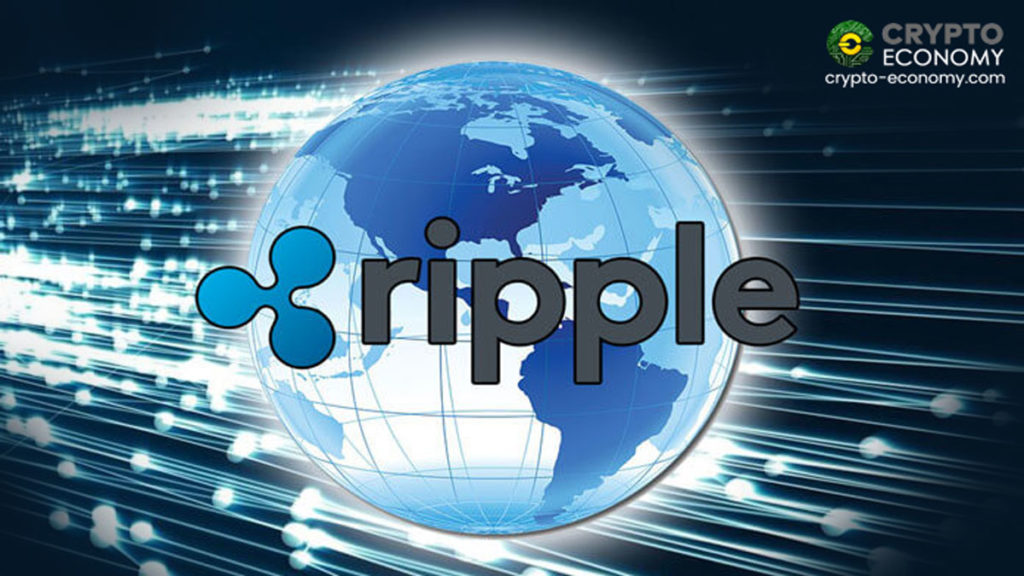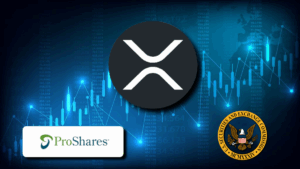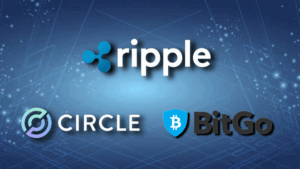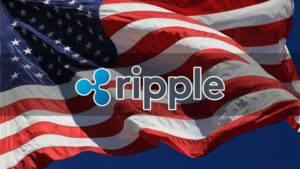The Head of Customer Success at Ripple Marcus Treacher says that the modern technology should be applied to complement the International Standard Organization (ISO) achievements in the payment industry.
In a latest publication on Ripple Insights, Marcus Treacher talks about the current cross-border payment landscape and how it can be revolutionized by modern technologies such as blockchain.
According to Marcus, the COVID-19 pandemic has led the payment industry to learn that speed, reliability and on-demand access to money is critically important in a world powered by digital interaction. Real-time, instantaneous payments are now more important than ever. When it comes cross-border payments, the world needs a more efficient and affordable infrastructure.
The current cross-border payment ecosystem has numerous deficiencies in it. It lacks universal protocols and are way more burdensome for the end-user than they should be. But the scene is changing quickly than everyone has thought. Marcus said:
“Luckily, that tide seems to be shifting. Powerful new technologies built on blockchain and empowered with digital assets are catalyzing a sea-change in how money is moved around the world, with the potential to unlock enormous benefits for both individuals and businesses as societies worldwide continue to digitize.”
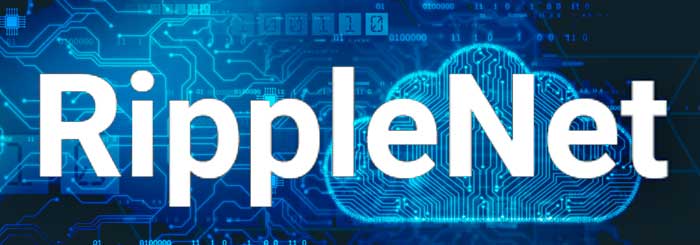
According to Ripple’s Head of Customer Success, the current cross-border landscape is not up to the task because the “underlying systems, protocols and liquidity management models underpinning cross-border payments are complex, restrictive and fragmented,” causing costly delays and high foreign transfer fees for the end-user. Solving these deficiencies are important not only for businesses, but also for low- and middle-income countries like Mexico, India, Pakistan, Bangladesh, and Thailand.
The International Standards Organization (ISO) has established ISO 20022 standard to bring legacy payment infrastructures into alignment, but due to the lack of innovation and a fundamental overhaul, ISO standardization can only go so far.
So, Marcus said:
“To really shift the paradigm and create the kind of cross-border payment services people and businesses need, modern technology needs to be applied to the payments problem to complement ISO’s standards achievements.”
According to him, Ripple’s global payment network RippleNet is the technology that could serve this purpose. Ripple has been a leading proponent of ISO 20022 and aims to enable better global interoperability and an improved customer experience for payments.
Currently, ISO 20022 is adopted in 70 countries. Estimates say that by 2023, 87% of global financial transactions will be supported by ISO 20022. Therefore, RippleNet and ISO 20022 are perfectly aligned to better shape the future of cross-border payments.
Marcus Treacher concluded:
“The banks and financial institutions joining RippleNet are catalyzing ISO20022 standards adoption and helping to jolt cross-border payment methods into the modern world, providing a truly frictionless experience to remitters, small businesses and emerging digital marketplaces worldwide.”
If you found this article interesting, here you can find more Ripple news


